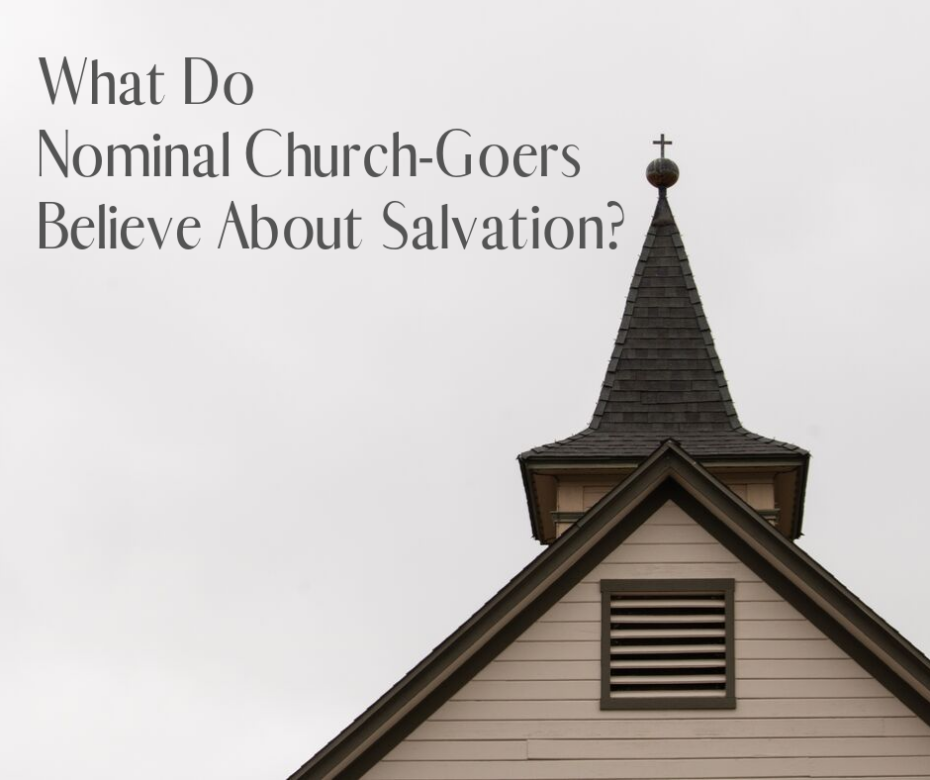In Joel Thiessen’s The Meaning of Sunday: The Practice of Belief in a Secular Age, he interviews a number of Canadians about their involvement with different “Christian” denominations.
Frankly, I would consider every single person he interviewed a candidate for evangelism. No one gave any evidence of knowing or believing the gospel. I wouldn’t call them nominal Christians, so much as nominal theists.
However, the book shines a light of what some people are really thinking. And while this is a study of Canadian beliefs, I’m pretty sure it reflects what many Americans believe, too.
Thiessen grouped his interviewees according to how often they attended a Christian Church. Some were “active affiliates,” some “marginal affiliates,” and some “religious nones.” It didn’t matter to him if the person attended a conservative or liberal church.
The interviews are telling. Forget sending missionaries overseas. Send missionaries to reach out to the people on the rolls of your church.
For example, here is what the “marginal affiliates”—people who only attended church once or twice a year—believed about the afterlife:
“What is required to obtain the afterlife? Marginal affiliates do not consider definitive belief in a god or a supernatural being, extended or exclusive exchanges with the gods, or active involvement in a religious group as necessary requirements for obtaining life after death. People of all religious faiths or no religious faith at all can move on to the next life if they are good, upright, moral people…For them this entails following the Ten Commandments and being generous, friendly, cheerful, and honest, while avoiding the major sins such as murder, rape, and stealing” (p. 87).
What a bleak summary. In other words, according to Thiessen’s research, people who only occasionally attended a Christian church believed a moralistic gospel of works salvation. They held to the lowest, crassest, form of works salvation: be a basically good person and you’ll go to the right afterlife. You don’t even need to believe in any god, let alone the true God, let alone in Jesus, to be saved. And these are self-identified “Christians” saying that!
How many people on the rolls of your church believe that? You might not think anyone. Then again, you might be surprised!
Instead of fuming about it, how can you reach those people?
Don’t put it on your pastor. Don’t even put it on the elders or deacons. They have a duty, and a ministry, but so do you.
So here’s an idea: ask your pastor or elders for permission to reach out to the people on your church rolls who don’t attend regularly.
Chances are, those “marginal affiliates” aren’t doing well spiritually. Chances are, they never understood or believed the saving message.
But, unlike most other people, the people on your rolls have already taken the baby step of identifying with your church.
Take advantage of that.
Those are your people.
Be a missionary to them.
Who knows—they might be one human connection away from having their names in the church rolls to having them in the Book of Life.


